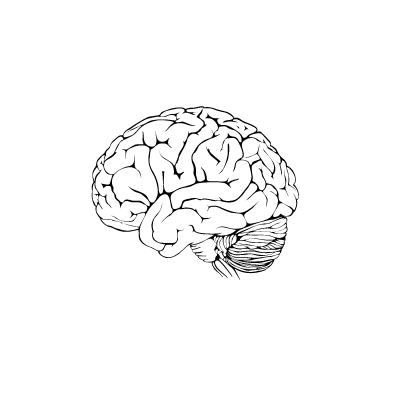Are we all unwittingly contributing to the "post-truth era?"
- May 2, 2017
- 4 min read

Content is everywhere. If you have a thought and a laptop you can become a content creator and send your ideas out to the world. When I first started my business, I was bewildered by the fact that I could pretty much say or do anything I wanted without question. After growing up in academia where every sentence was critically analysed by several peers before being “allowed” to be published, this was mystifying to me. Who was fact checking my content? Who was making sure that what I shared was actually correct? The answer was, and still is, no-one.
This is true for most of the content that we see online every day. This is not to say that the information being sent out is incorrect, but we must remember that the majority of content found online is often the sum of somebody’s experience, learning and curation and is not always evidence based. These days we can’t even be sure that the news is accurate as political and economic powers use the media to influence public opinion. e.g. The US Presidential Election. Recently a guy in the US launched a “fake news” website called theundergroundreport.com and it got 1.1 million views in less than 2 weeks based purely on "fake news". The content was shared all over social media platforms even though the website stated that all of the stories were fictitious.
So let’s be honest with each other. We have all done it. We have seen an article or a blog online and without reading it properly or pausing to check its validity or sources, we like it, share it, or retweet it. Why do we do this? Part of the reason is because we are social beings.
Self enhancement and social approval is what drives us to share
Social interaction is driven by sharing information with others. This is how we connect. Research by Emily Falk’s group at the University of Pennsylvania has shown that our decision whether to share a piece of content is based on whether it either enhances our self-concept or our social acceptance, or both. In other words, we share content to either feel better about ourselves, or to encourage others to like and respect us more. Think back to the last time you shared content, what was your driver?
The more we share it, the truer it gets
There is a psychological phenomenon behind why we tend to believe content that has been widely shared and why we then share it ourselves. It’s called the bandwagon effect and it is a cognitive bias, or shortcut that our brain takes, creating a tendency for us to do (or believe) things because many other people do (or believe) the same thing. You can see how this is a self-fulfilling bias because content becomes more and more potent as more people jump on the bandwagon. If so many other people believe it, it must be true! We are unwittingly validating content by endorsing it.
We believe people who we perceive as experts
Apart from endorsing content, we also follow people online because we want to hear their thoughts, we share what they say because we either want to be associated with their message or we think others can benefit from it. We usually choose to follow these people as we believe they have superior knowledge or experience that we don’t have. This is often true, however in this information age, what happens is that people can cleverly position themselves as experts without having to provide any evidence of their expertise or experience. A great example of this was when Belle Gibson convinced hundreds of thousands of people to follow her dietary advice after claiming she had cured herself of cancer, when she never had cancer in the first place.
Why is the opinion of experts so influential? It’s another one of our brain’s shortcuts, and it’s called the authority effect. It is our tendency to believe that the opinion of a perceived authority figure is more credible, so therefore we are more engaged by it. Advertising agencies use this effect frequently. Who wouldn’t buy the tennis racquet that Roger Federer said was great? So whether you are the expert yourself or a follower of experts, evidence of expertise is a minimum requirement.
What can we do to ensure that fact outweighs fiction?
Online content is going to keep coming at us, this is a certainty. Social media platforms like Facebook and Twitter are under increasing pressure to improve the vetting of content that appears on their sites. Whilst in many way this is useful, it then triggers the freedom of information debate around why they should have the authority to filter what content we get to see. This leaves the responsibility with us as individuals to take control of the content that goes viral. Before you like or share or retweet, take a second to look at the source of the information, ensure its credibility, and ask yourself if this is really a message that you are aligned with.























Comments